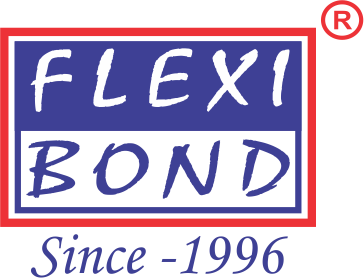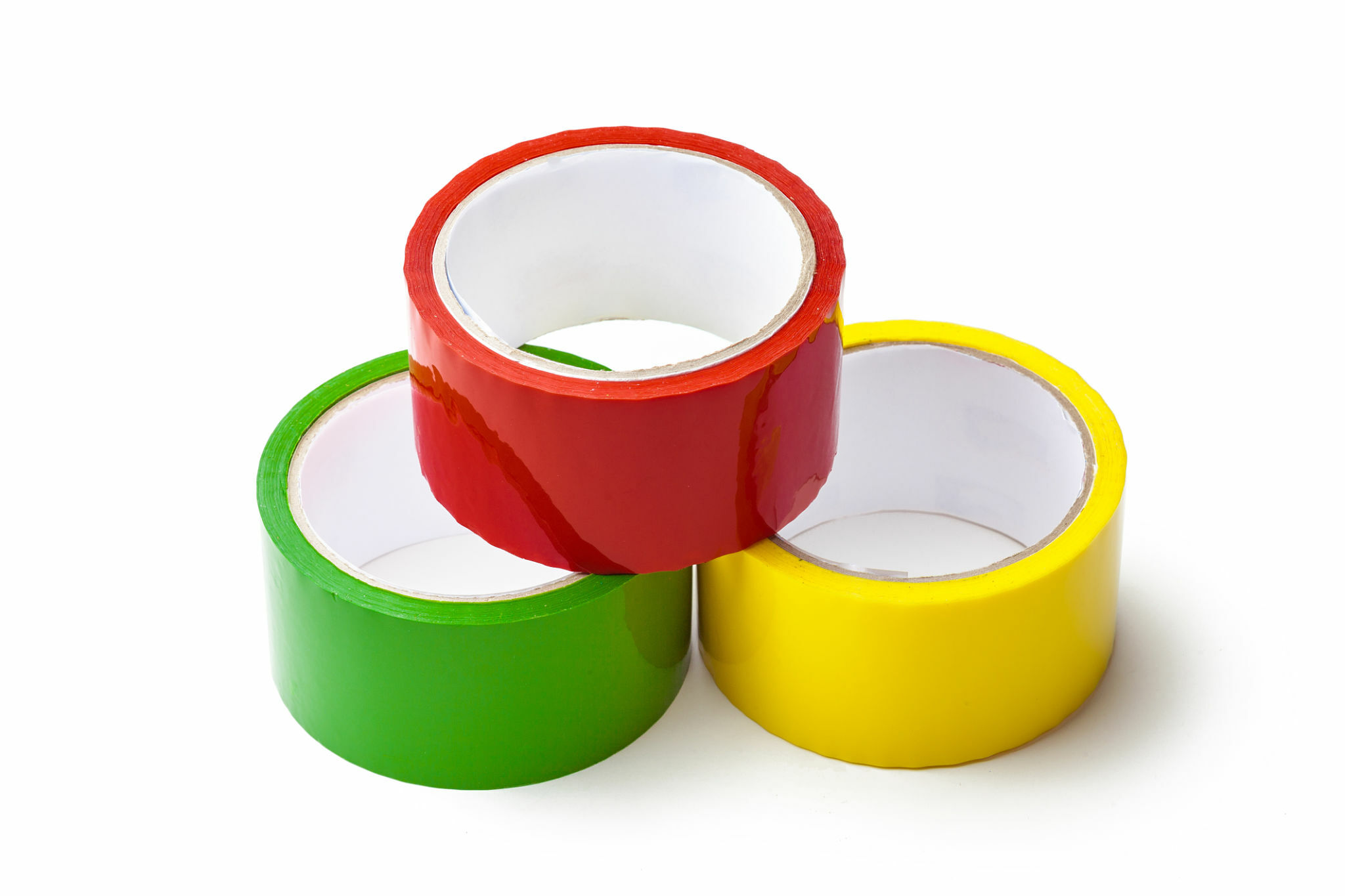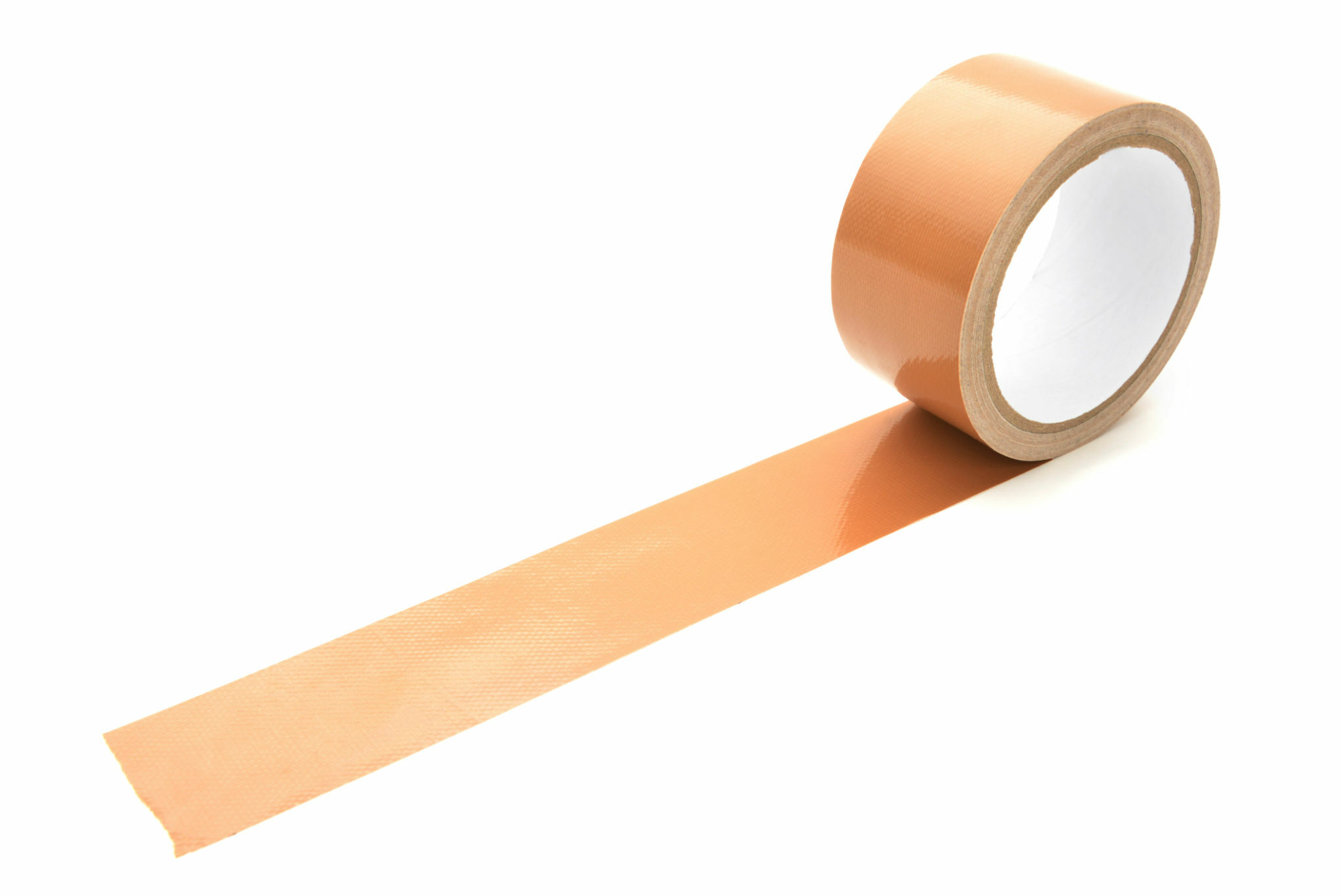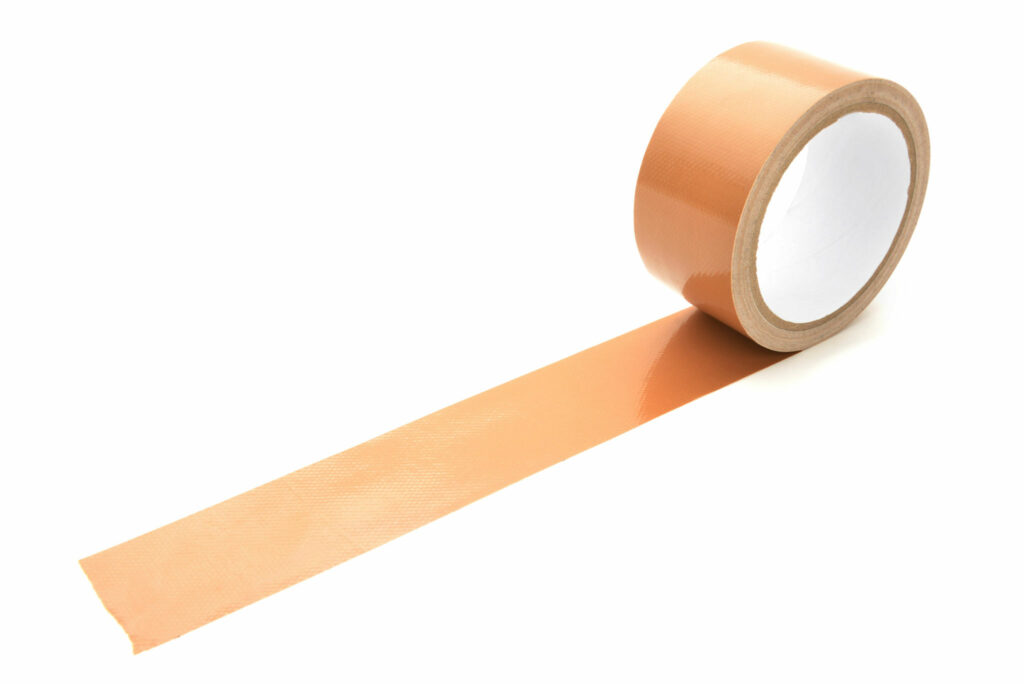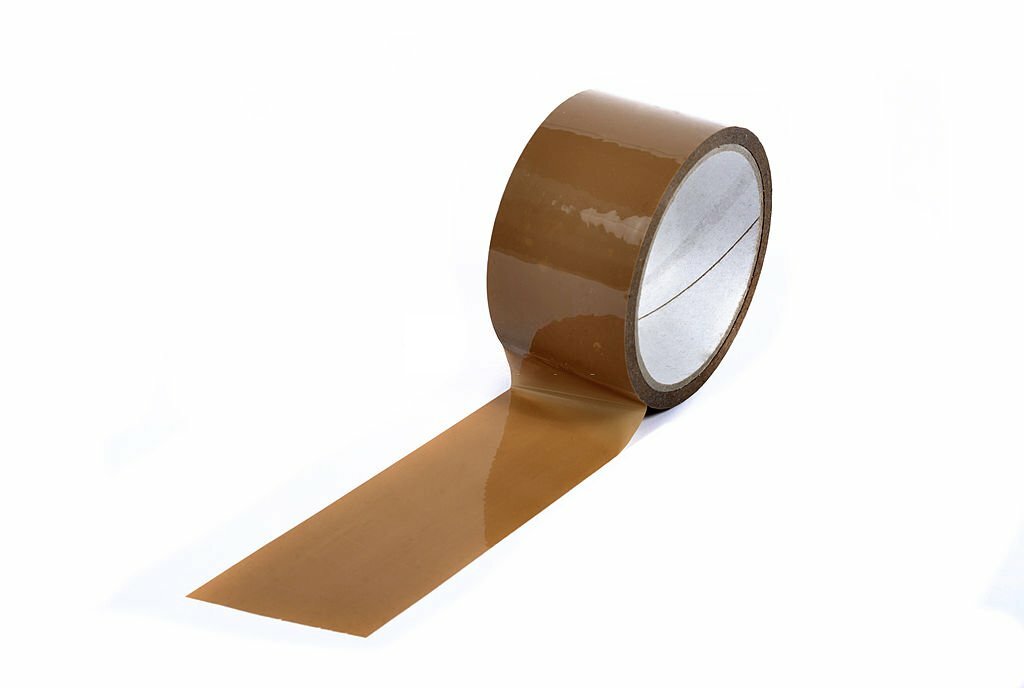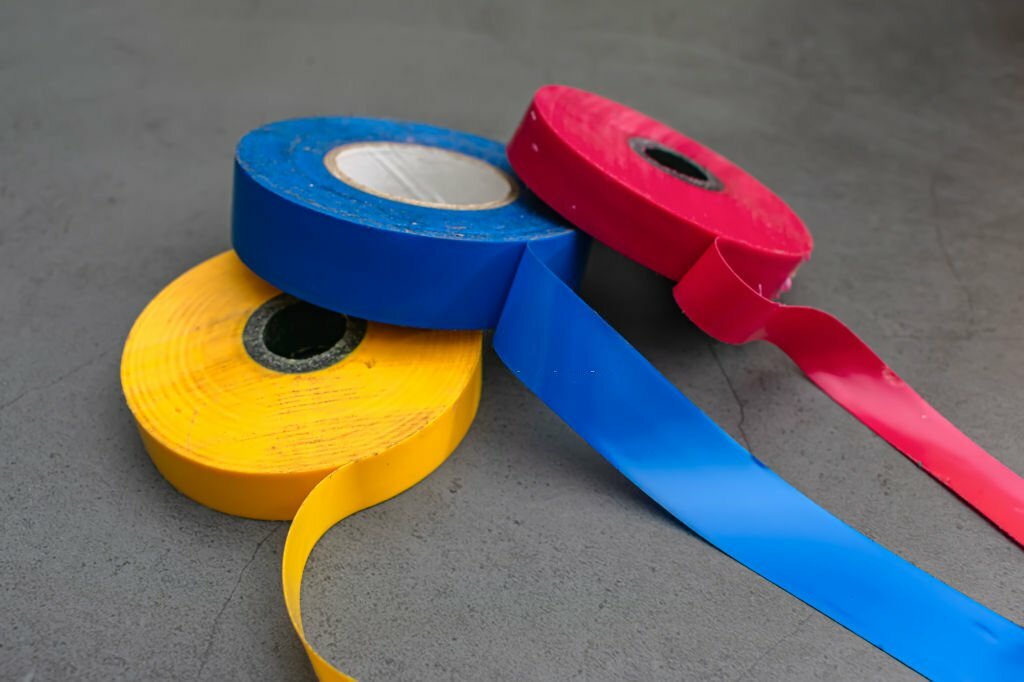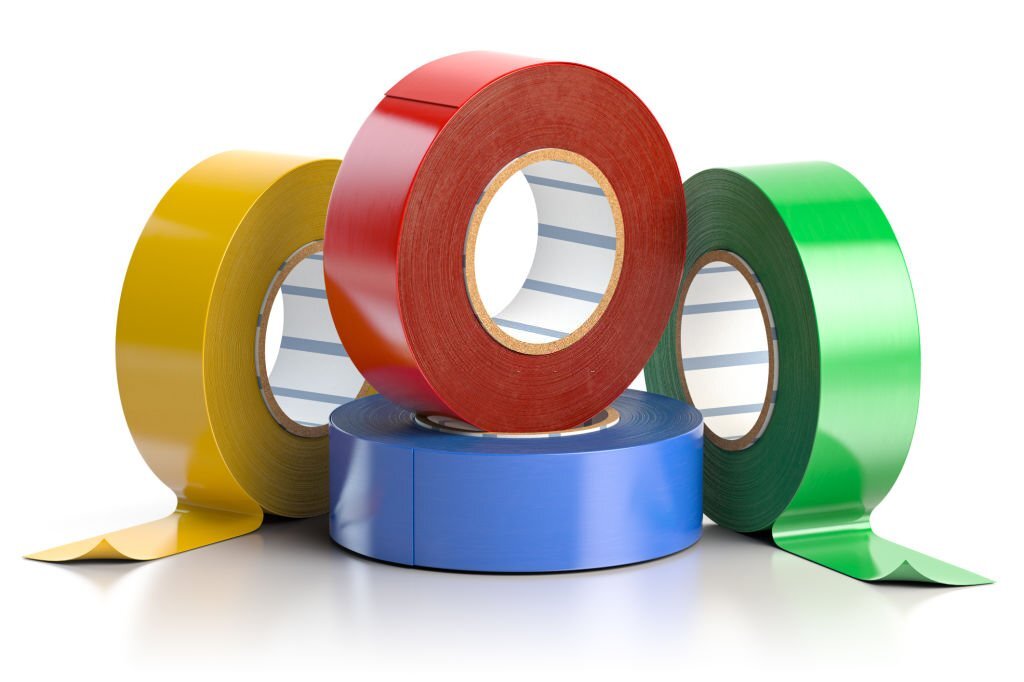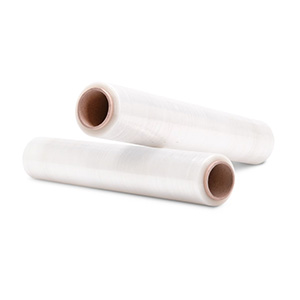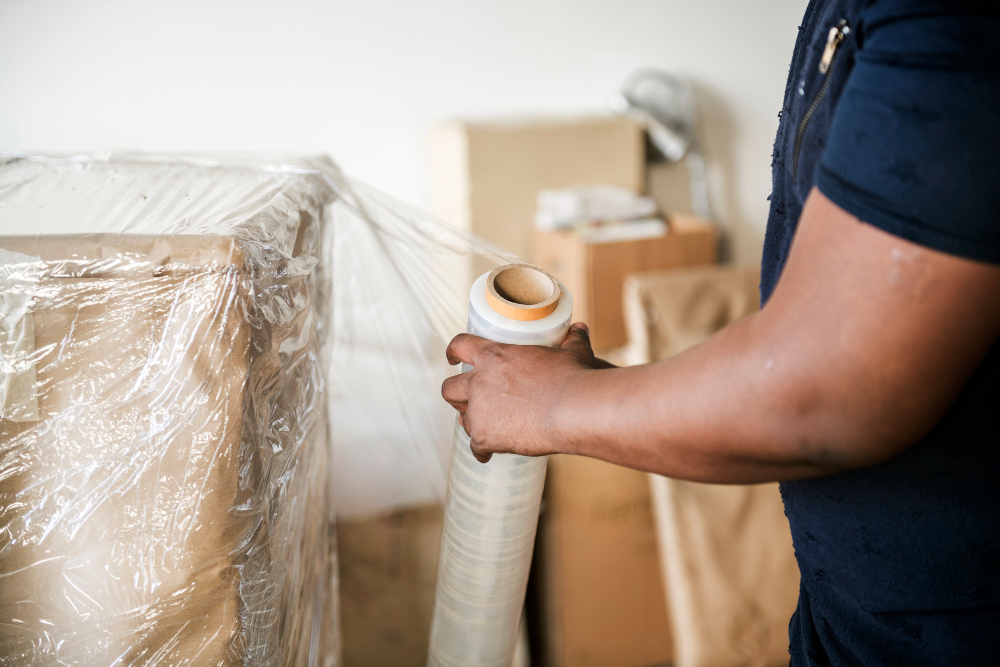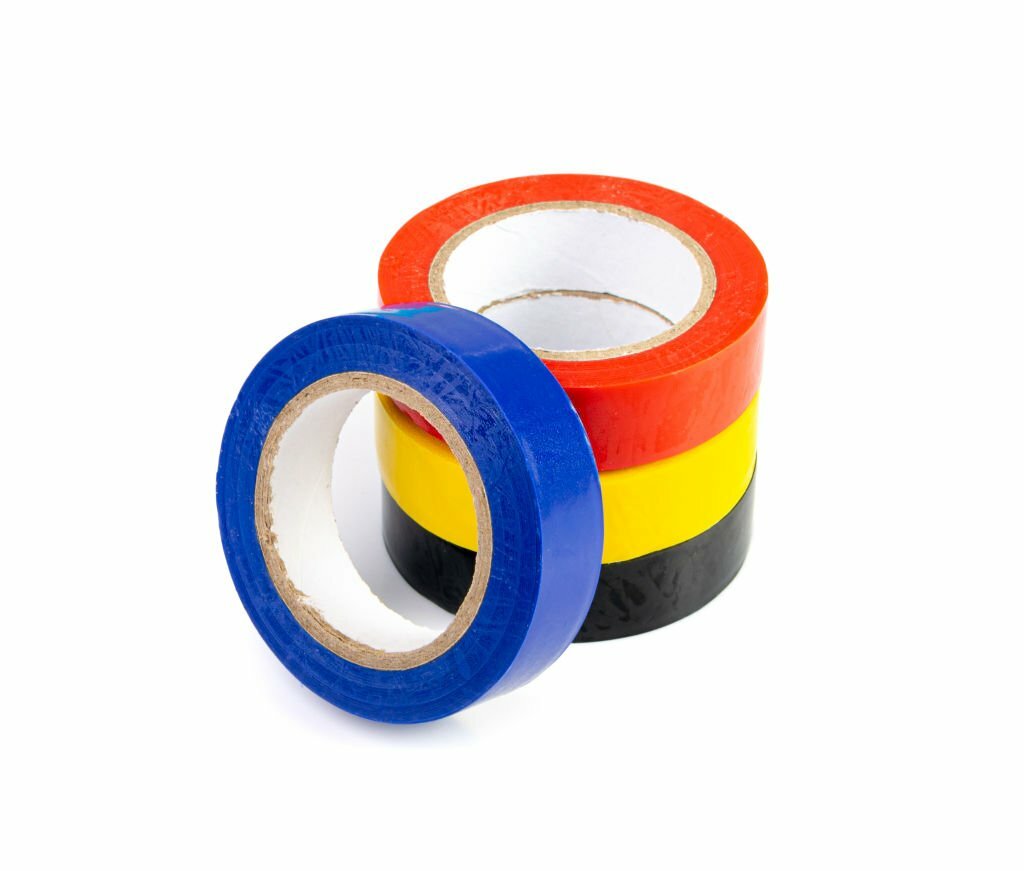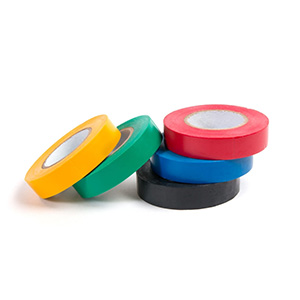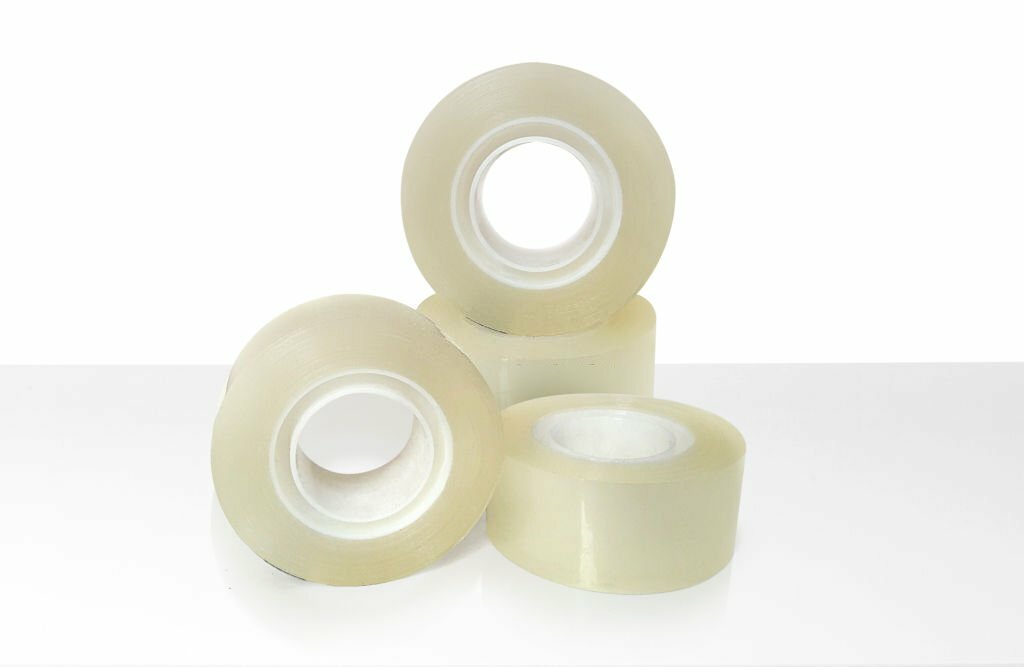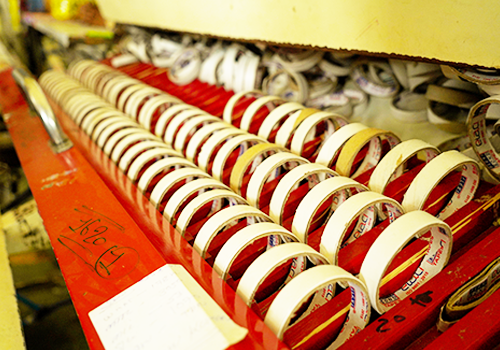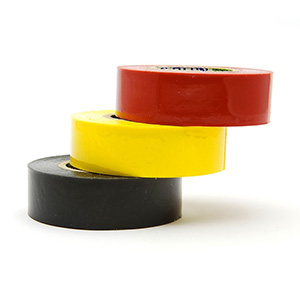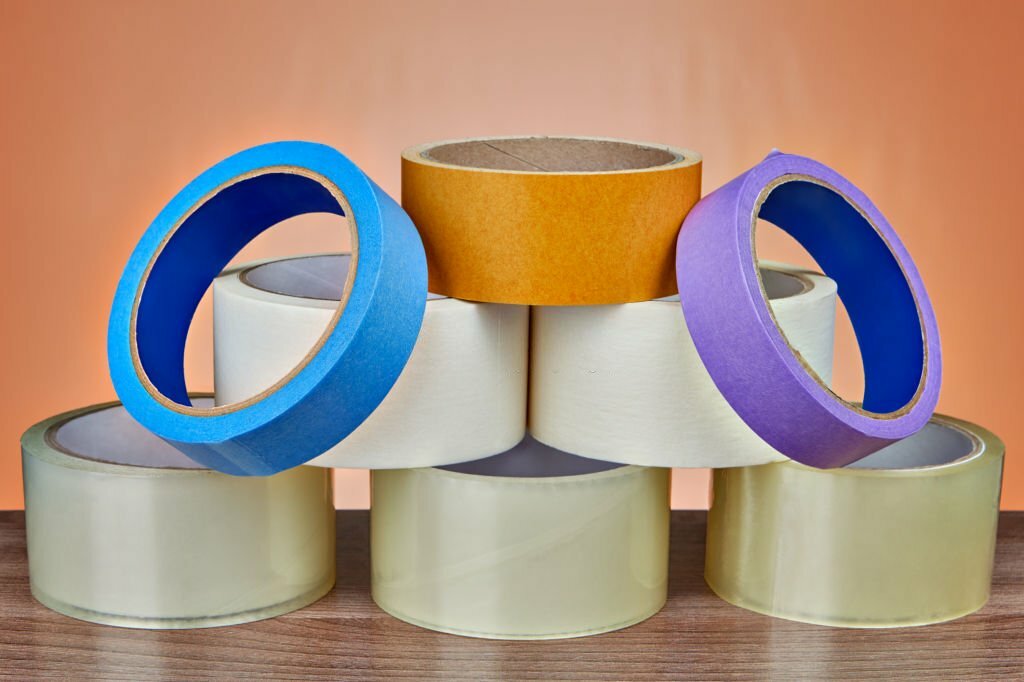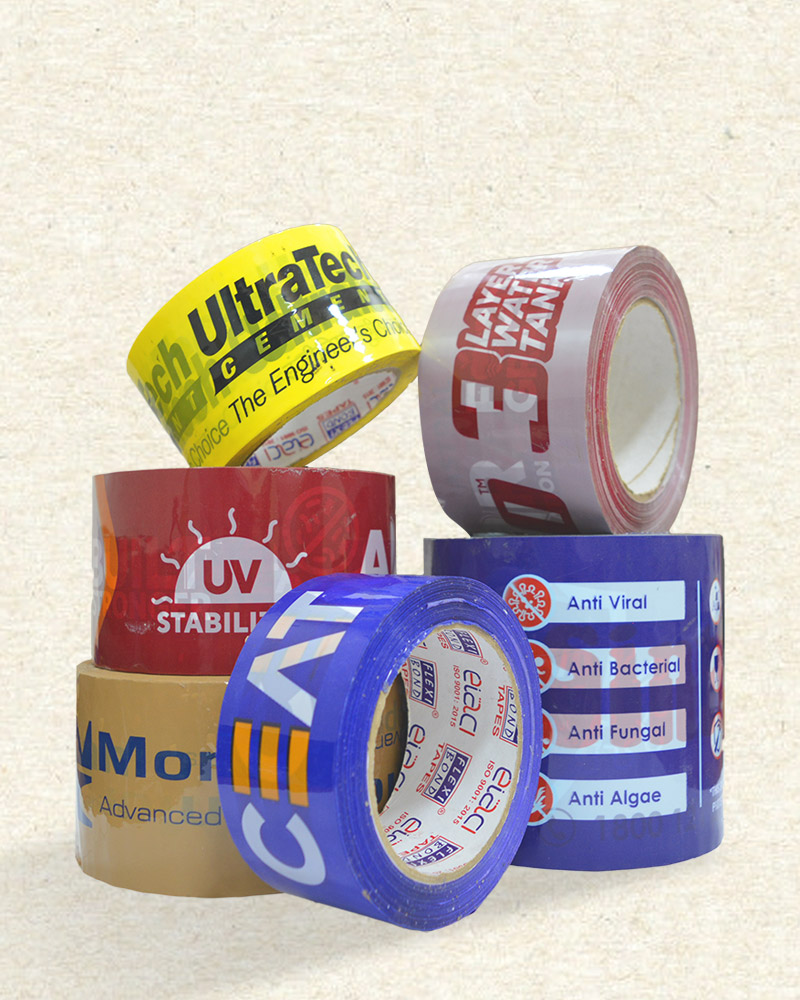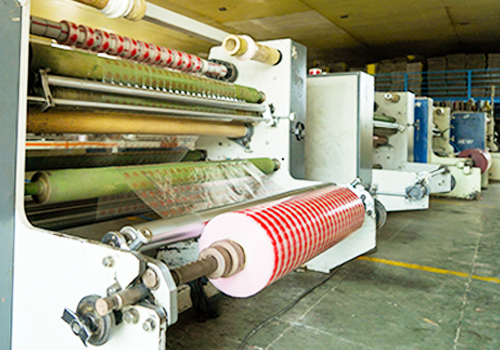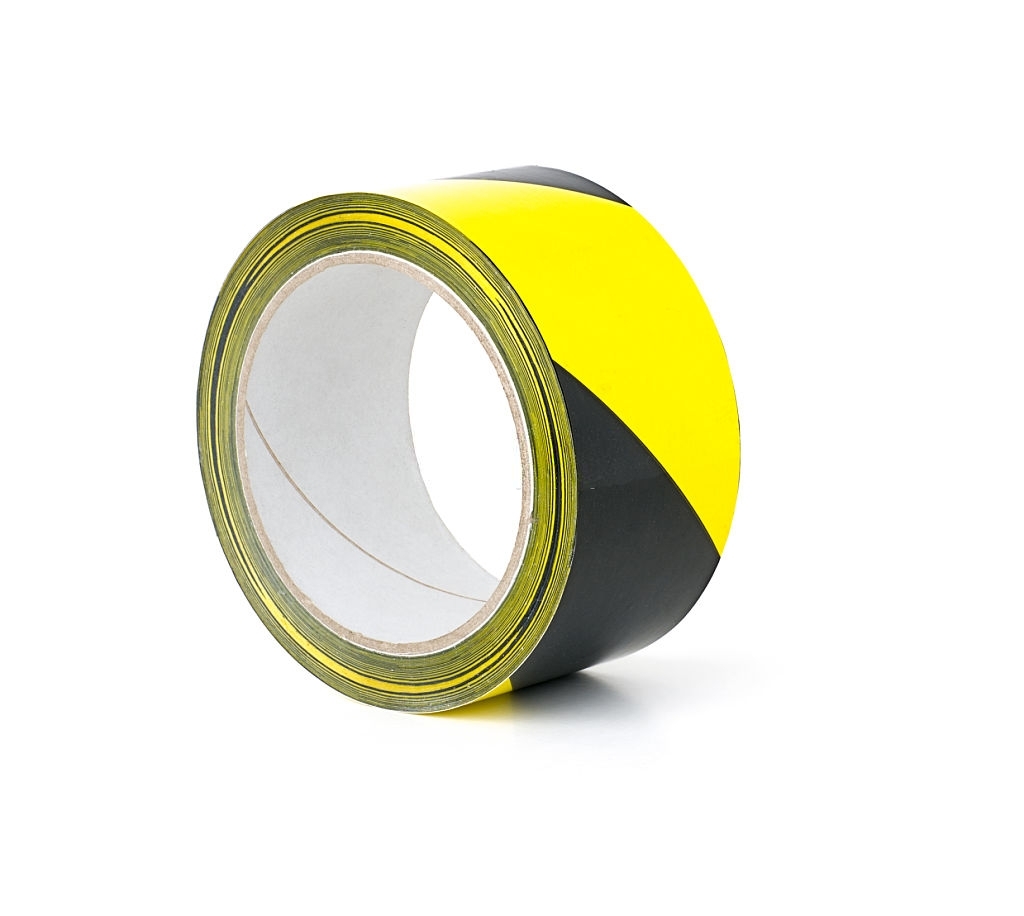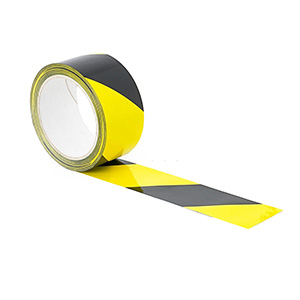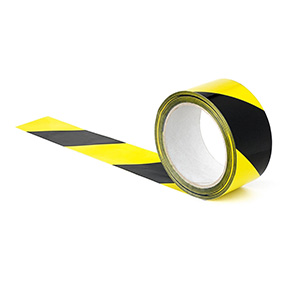BOPP Tapes in Automotive: Critical Applications for Secure Packaging
In the fast-paced world of automotive manufacturing, the importance of secure and reliable packaging cannot be overstated. As a leading BOPP tape manufacturer in India, Flexibond understands the critical role that packaging plays in ensuring the integrity of automotive components during transit. In this blog post, we delve into the vital applications of BOPP tapes in the automotive industry, shedding light on why Flexibond’s solutions are the go-to choice for manufacturers in Gujarat and across India.
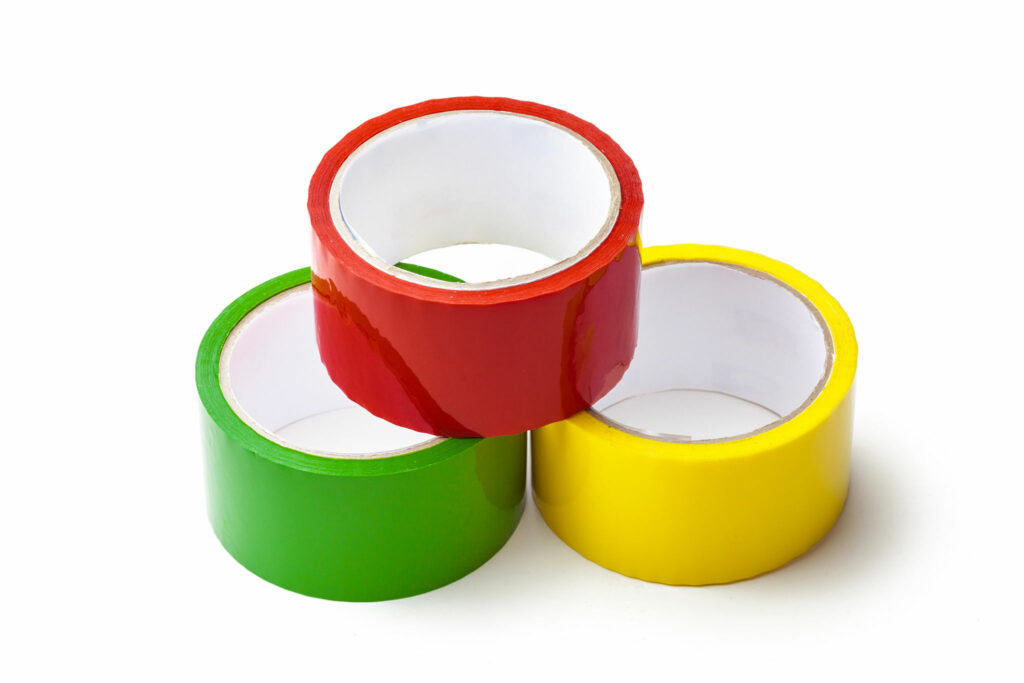
Securing the Drive: BOPP Tapes in Automotive Manufacturing
In the automotive sector, where precision and attention to detail are paramount, ensuring that components reach their destination in pristine condition is a top priority. Flexibond’s BOPP tapes serve as a robust solution for this challenge. These tapes are engineered with advanced adhesive technologies that provide a secure bond, effectively protecting automotive parts from potential damage caused by vibration, impact, or environmental factors.
Flexibond’s commitment to quality shines through in every roll of BOPP tape manufactured, making it a reliable choice for automotive packaging needs.
The Flexibond Advantage: Unveiling the Expertise
As a trusted BOPP tape manufacturer in India, Flexibond brings a wealth of experience and expertise to the automotive packaging landscape. Our tapes are designed to adhere to the highest industry standards, ensuring that they meet the rigorous demands of the automotive sector. With a focus on innovation, Flexibond continually invests in research and development to bring cutting-edge solutions that cater specifically to the evolving needs of the industry.
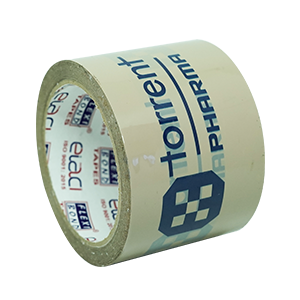
Tailored for Gujarat, Trusted Across India
Flexibond’s reach extends beyond the borders of Gujarat, resonating across the vast landscape of India. Our BOPP tapes have gained the trust of automotive manufacturers nationwide, establishing Flexibond as a go-to brand for securing critical components in transit. Whether you operate in the bustling automotive hubs of Gujarat or anywhere else in India, Flexibond’s commitment to quality remains unwavering.
Conclusion: Elevating Automotive Packaging Standards
In conclusion, the use of BOPP tapes in the automotive industry is not just about sticking things together; it’s about safeguarding the precision and quality of components that drive our vehicles. As a leading BOPP tape manufacturer in India, Flexibond stands tall in the pursuit of excellence, offering solutions that redefine the standards of automotive packaging.
Choose Flexibond for your BOPP tape needs, and experience the unmatched reliability and security that our tapes bring to the intricate world of automotive manufacturing.
Visit Flexibond today to explore our comprehensive range of BOPP tapes designed for the automotive industry.
